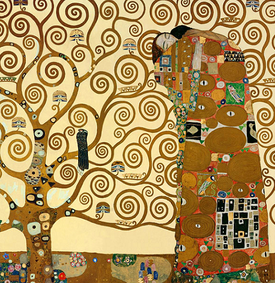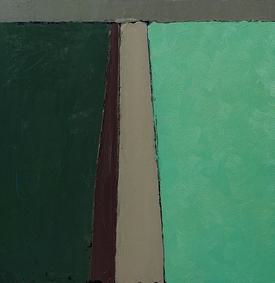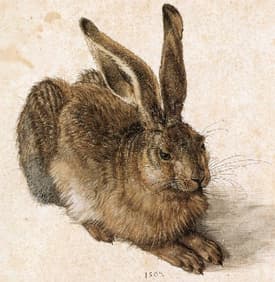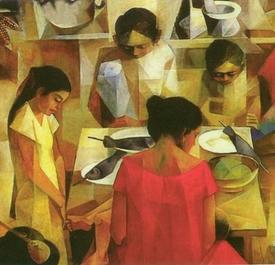
Integral Ecology: At Home in the World
As the debate about the environment continues, Pope Francis’ Laudato Si’ demonstrated how the catholic perspective can transcend the dialectic between an anthropocentric technocracy and a biocentric environmentalism: laying out an “integral ecology” that respects both the solidarity and the difference between the human being and the rest of the cosmos. Man is at once a part of nature and its steward, and natural ecology and “human ecology” therefore stand or fall together.


